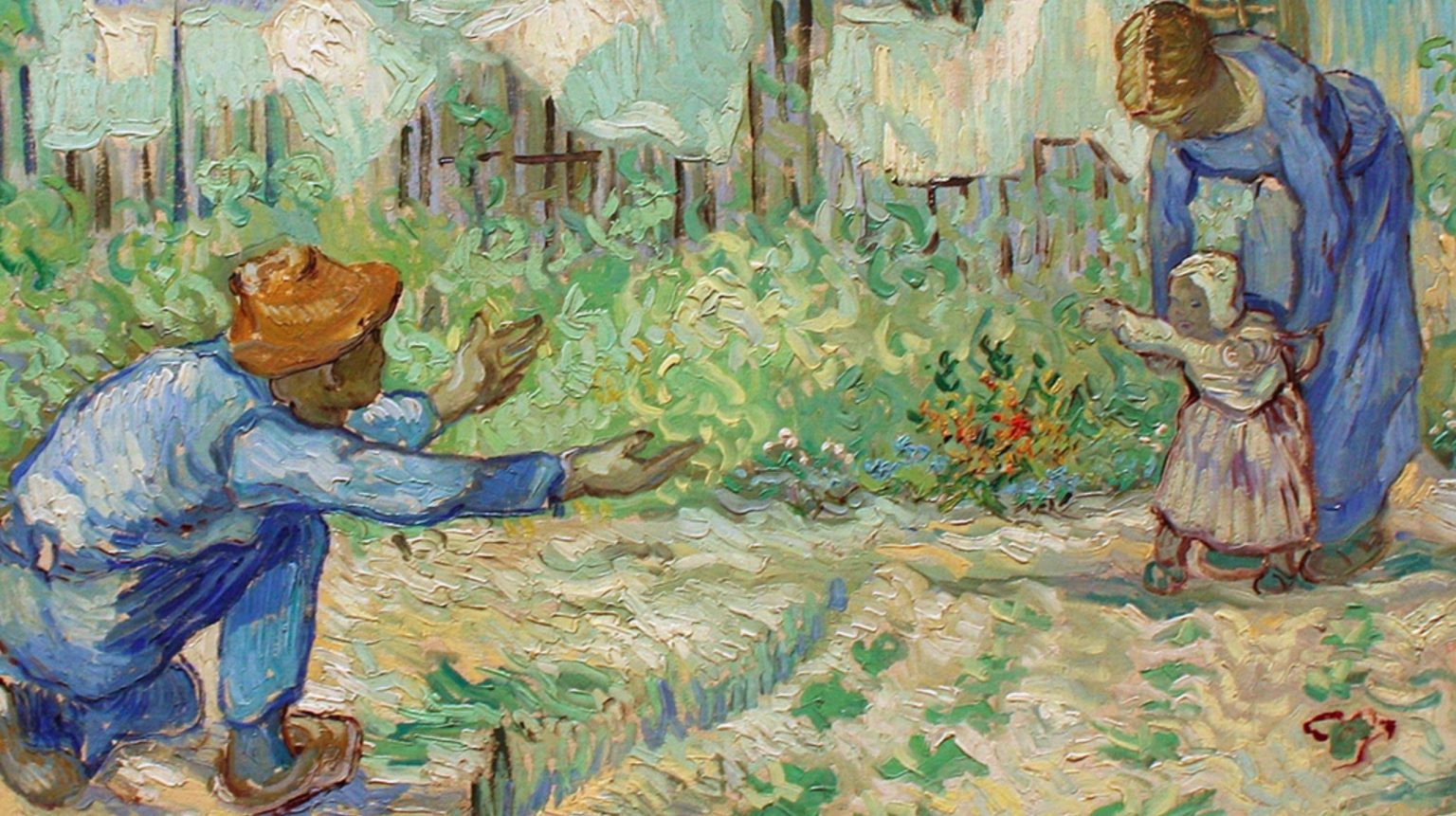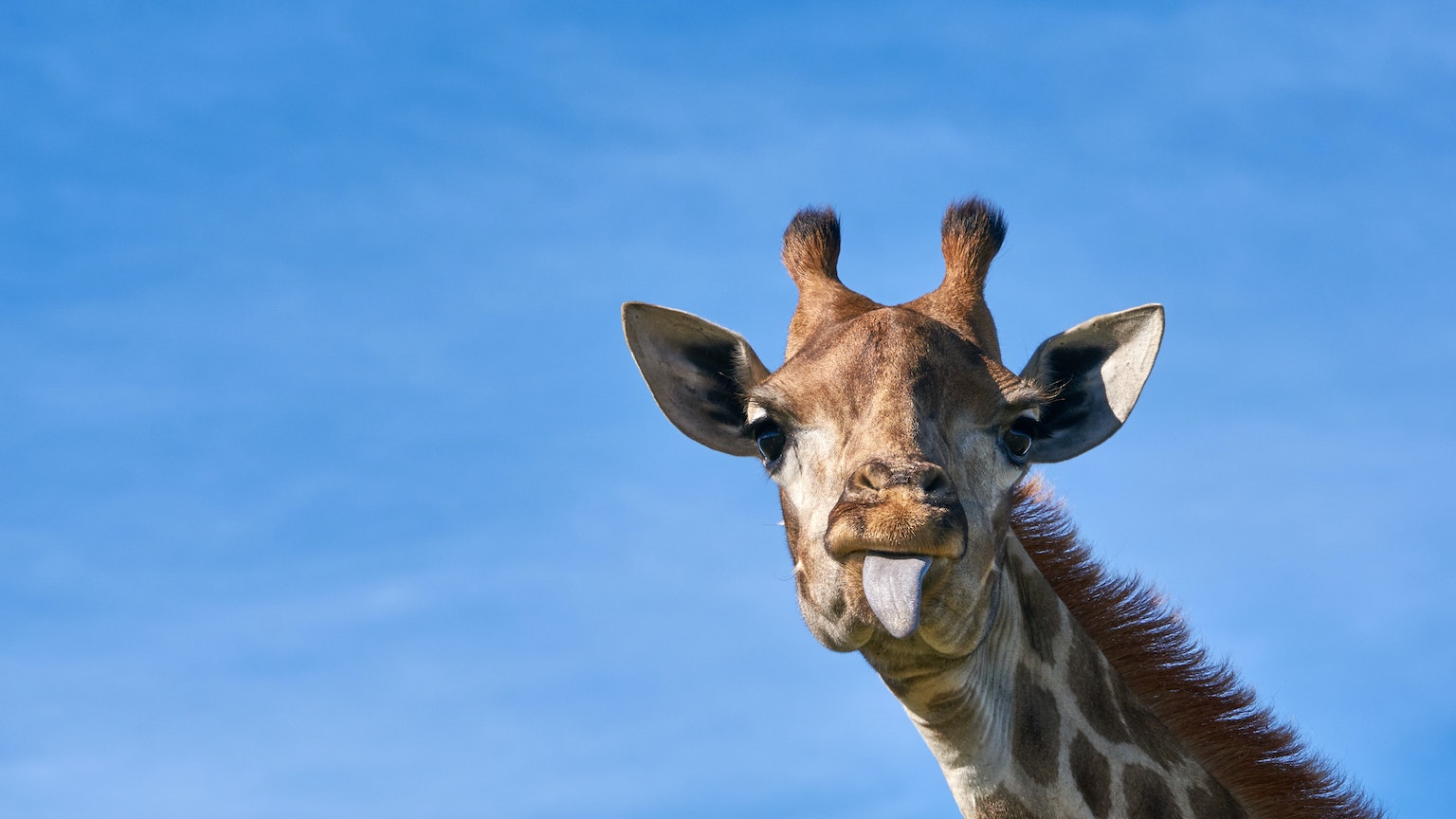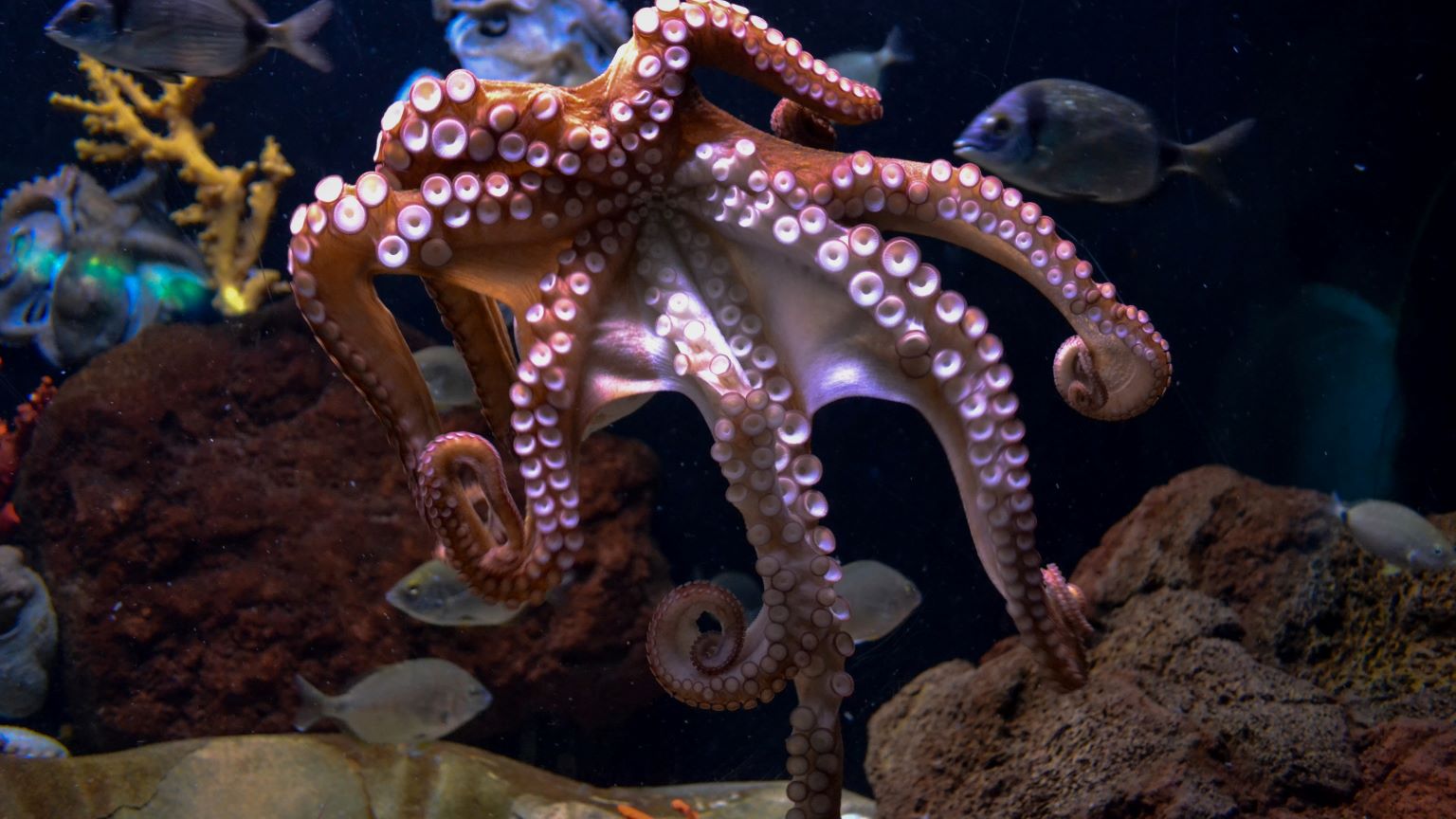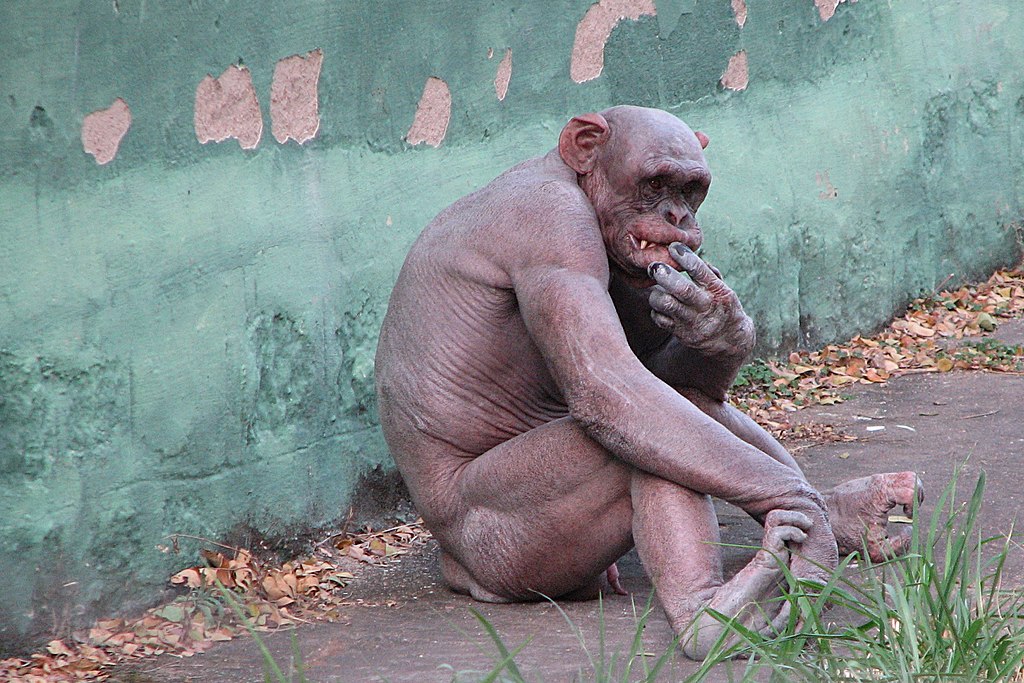Mother bonobos, too, pressure their sons to have grandchildren
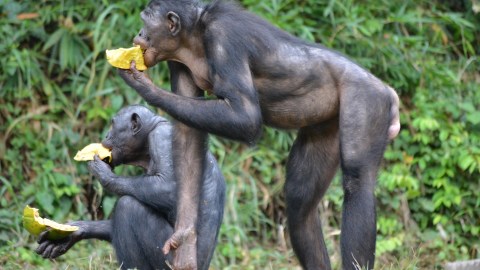
Pixabay
- Mother bonobos have been observed to help their sons find and copulate with mates.
- The mothers accomplish this by leading sons to mates, interfering with other males trying to copulate with females, and helping sons rise in the social hierarchy of the group.
- Why do mother bonobos do this? The “grandmother hypothesis” might hold part of the answer.
Like mother, like monkey.
Bonobo mothers, it turns out, can also be quite pushy in their quest to become grandmothers, according to a new study published in the journal Current Biology. The study describes how male bonobos are more likely to mate if their mothers are living in the group (so living near mom turns out to be a pretty good mating strategy for male bonobos).
The discovery originated among researchers observing bonobos in Africa. They noticed that older females in the group would involve themselves in relationships between male and female bonobos, particularly when it came to mating.
“I just wondered, ‘What is it of their business?'” study author Martin Surbeck, Ph.D. told Inverse. “This all made more sense once we found out via genetic analysis that they were mothers of some of the adult males involved.”
These would-be bonobo grandmothers push things along by leading their sons toward females in heat, protecting their sons from competing males during copulation, and they “form coalitions with their sons to help them acquire and maintain high dominance rank,” the researchers wrote.
The same, however, is not true for chimpanzees. Researchers who observed chimps in Côte d’Ivoire, Tanzania and Uganda found that male chimpanzees whose mothers were present during mating attempts were actually less likely to succeed in having offspring. One possible reason: bonobos live in matriarchal societies while chimpanzees live in groups where all females are subordinate to all males.
“Such maternal behavior is more likely to be effective in bonobos, where the sexes are co-dominant and the highest ranks are consistently occupied by females, than in chimpanzees, where all adult males are dominant over all females,” the researchers wrote. “We found that bonobo males with a mother living in the group at the time of the conception were about 3 times (odds ratio: 3.14) more likely to sire offspring than males that did not.”
The grandmother hypothesis
One explanation for why female primates experience menopause is called the “grandmother hypothesis“. Instead of using precious energy to continually have children of their own, especially given long periods of gestation and child-rearing, aging females may be ahead to encourage their offspring to have children of their own. The researchers aren’t exactly sure the grandmother hypothesis explains the pushy-mother behavior within bonobo societies, but it might be part of the story.
“The interesting twist is that in humans, [the hypothesis] was originally thought to happen through support of their daughters, while in bonobos it is through the sons,” Surbeck told The Washington Post.

